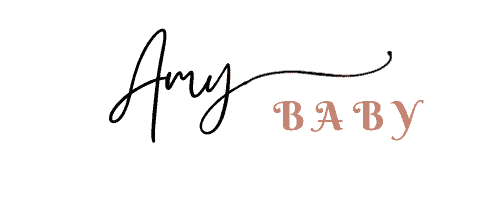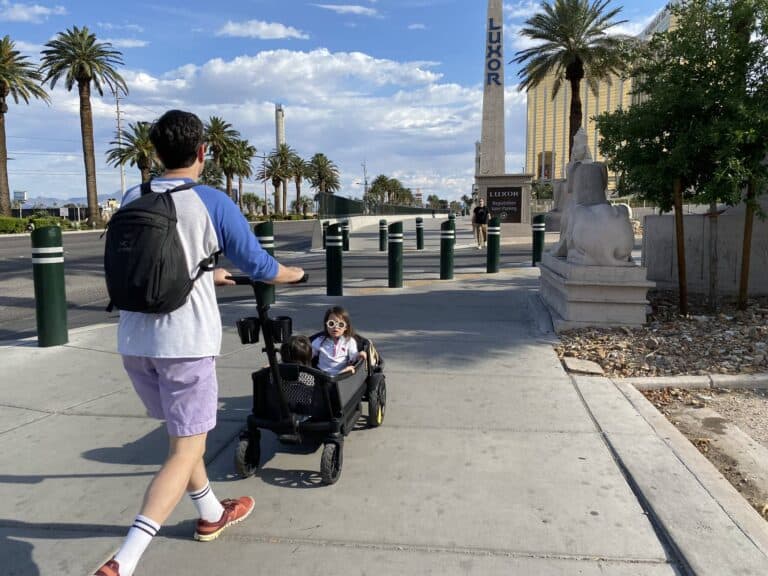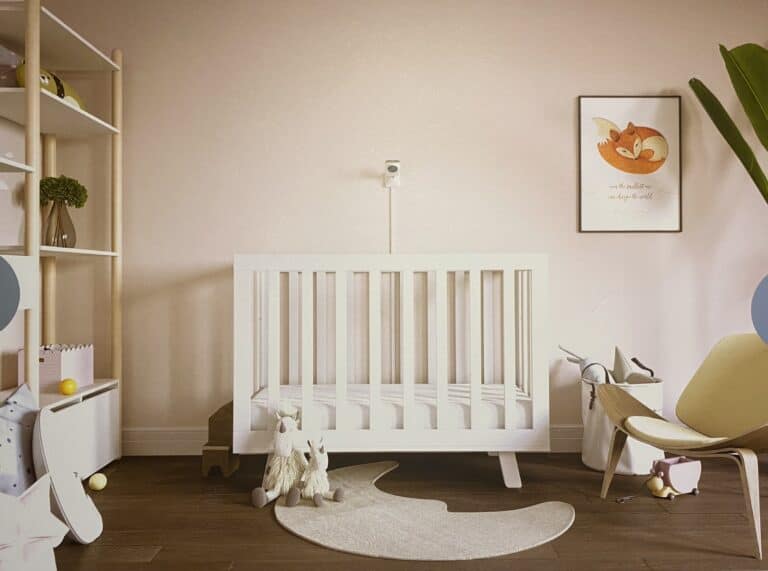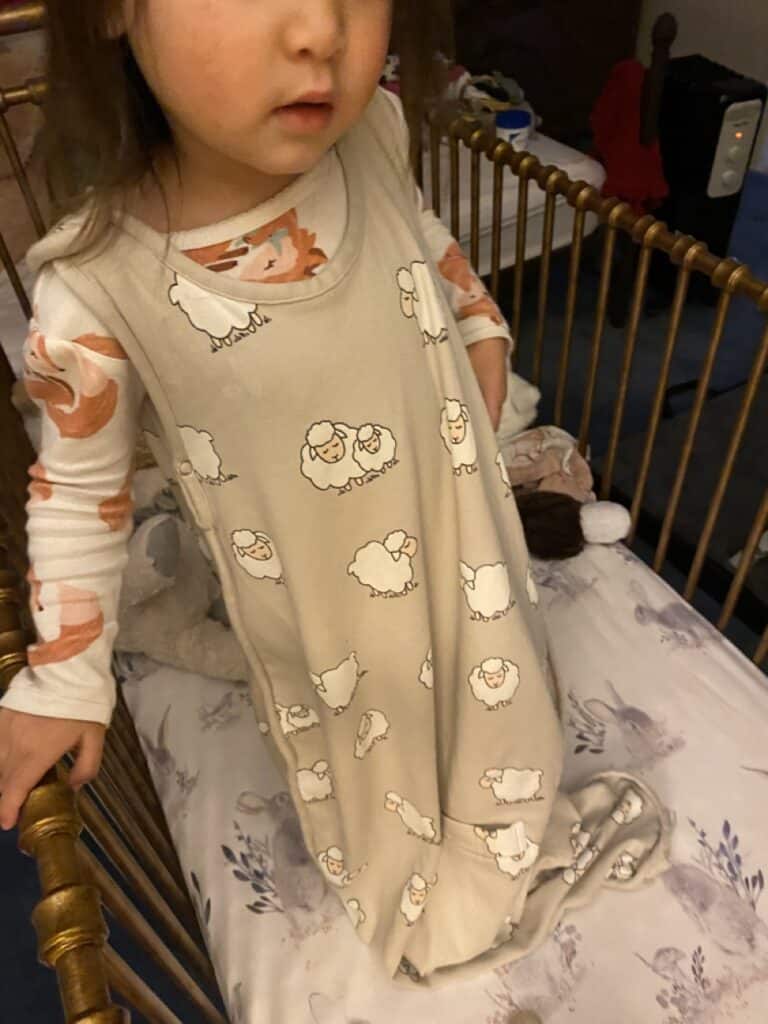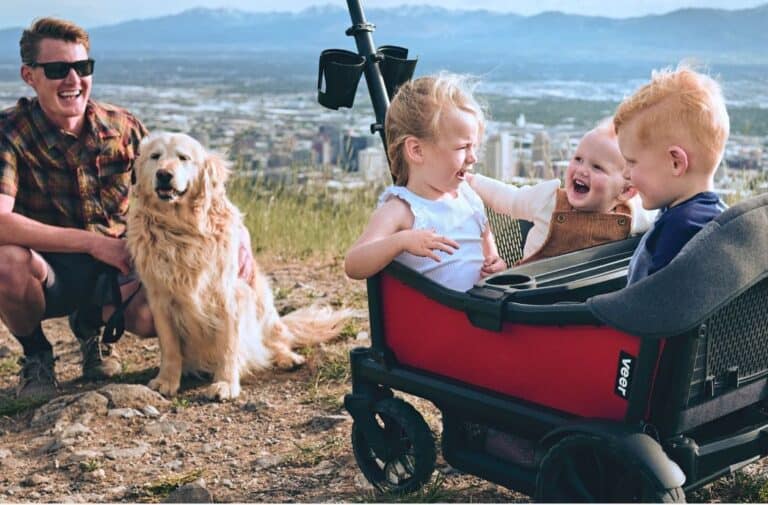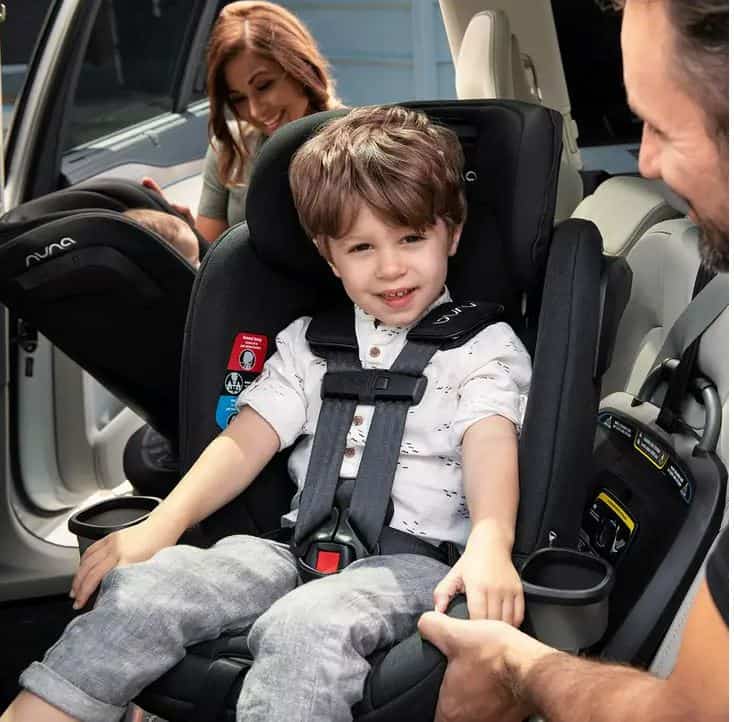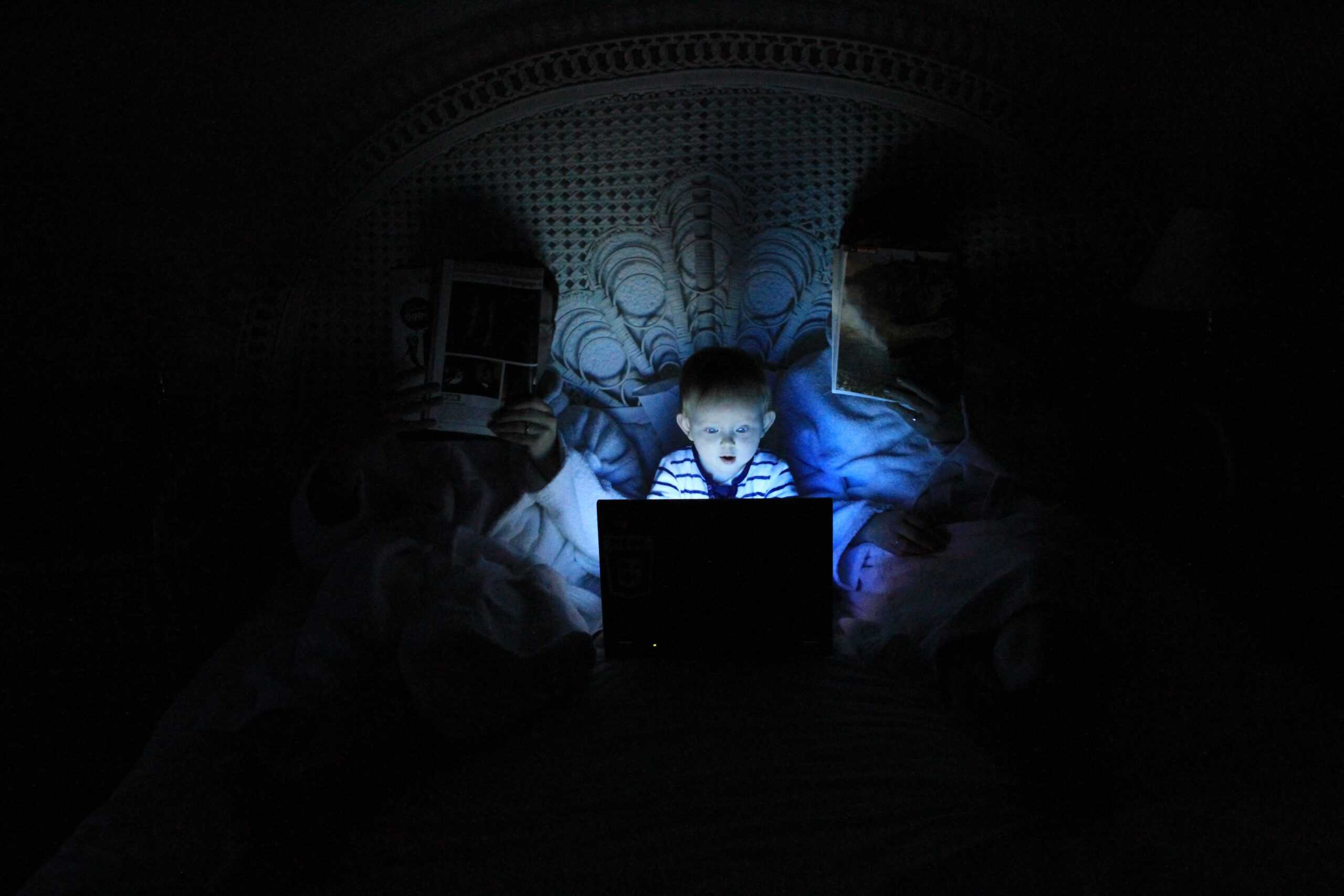
The question often arises “Is ChatGPT safe for kids?” Artificial intelligence (AI) is becoming an increasingly prevalent part of our lives. In particular, ChatGPT has been soaring in popularity. In this article, we delve into the world of ChatGPT, its features, uses, and safety precautions, offering insight to help you make informed decisions about its usage for your children.
Understanding ChatGPT
Is ChatGPT safe for kids? Well, first what the heck is it? ChatGPT is an AI model developed by OpenAI. It’s designed to generate human-like text based on the input it receives. It’s used in various applications such as drafting emails, writing articles, brainstorming ideas, and, of course, having a chat. It’s outputs are based on prompts. The more descriptive and precise the prompt, the better the result.
Potential Benefits come at the Risk of Cheating
ChatGPT can serve as an educational tool, answering questions on a broad range of topics, helping with homework, or engaging kids in interactive learning. The immediate response that ChatGPT provides can cater to a child’s inquisitive nature and sustain their interest in learning. The problem is that the math, coding, historical facts, and plentiful other data ChatGPT provides on command can also be used to cheat. Halimah Salem has a great piece at Family Education if Kids Cheating with ChatGPT is a concern to you.
Parental Supervision and ChatGPT
While ChatGPT can be a valuable tool, it’s crucial to understand that it should be used under parental supervision. As an AI, it lacks the human ability to discern a child’s emotional state, making the necessity for a human presence paramount. Parental control software exists that easily lets parents track what their kids are doing online. If you want help in this department, consider Bark or other parental controls to spy…I mean keep a watchful parental eye on what your kids are up to online.
Setting Boundaries with AI Usage
When introducing ChatGPT to kids, it’s important to set clear boundaries. Just like with other digital platforms, limiting screen time and setting usage guidelines are key. It’s also a good opportunity to teach kids about digital etiquette. There’s a reason we as parents try to limit screen time, in the same vein children shouldn’t be spending the entire day talking to bots.
Privacy Concerns and ChatGPT
Some available information out there states that ChatGPT doesn’t store personal conversations, and claims this aids in safeguarding privacy. But many sources disagree, and maintain that OpenAI frequently reviews conversations in an attempt to improve the technology. Regardless, children should be educated on not sharing personal, sensitive information with the chatbot to reinforce safe online habits. There are also ways to delete information and clear chat history, but once data is shared freely by a user it can never be 100% taken back.
Understanding the Limitations of AI
ChatGPT is a tool, not a substitute for human interaction. It can answer questions and provide information, but it lacks human attributes like empathy. It’s essential that kids understand that real-life conversation and AI interaction are different.
Content Filtering and ChatGPT
AI has come a long way in content filtering, with models like ChatGPT getting better at blocking inappropriate content. However, no system is foolproof. This emphasizes the need for supervised interaction and open conversations about digital safety.
The Future of ChatGPT and Kids
AI is evolving, and future iterations of chatbots like ChatGPT will likely have even better safety measures. This can lead to more secure, kid-friendly versions becoming available. Check out my article on best AI tools for parents to get some other ideas on use-cases for your family.
Let’s Decide: is ChatGPT safe for kids?
In conclusion, is ChatGPT safe for kids? The answer is, mostly yes – but with the necessary precautions. It can be a fantastic educational tool when used correctly and safely. It can also be used to cheat. As plagiarism and copy write rules race to catch up, there is an evolving story yet to be told on what exactly constitutes cheating. With this ChatGPT and other tools like it, the true definition of cheating seems to be shifting daily. I believe the use-cases outweigh the risks, but parents need to keep a watchful eye. As with any technology, supervision, open dialogue, and setting boundaries are key to a safe and beneficial experience.
Bonus Round: But Wait, there’s more
Potential Drawbacks and Misuses of ChatGPT
Overuse of the AI model could lead to a decrease in human interaction, which is critical for a child’s social development. If a child spends excessive time chatting with the AI, they might miss out on real-world interactions, which are essential for learning social cues, empathy, and emotional intelligence.
Misinterpretation and Miscommunication
ChatGPT’s understanding and responses are based on the data it was trained on. It doesn’t have the human ability to comprehend nuances or emotions. Therefore, there’s a risk of miscommunication or misunderstanding, especially when complex or emotional issues are discussed. It’s important to remind children that for personal or emotional concerns, there is no replacement for human interaction.
Risk of Dependency
There’s a potential risk of children becoming overly reliant on AI tools like ChatGPT for problem-solving or decision-making. This might hinder the development of their critical thinking skills. Parents should ensure that children balance their usage of AI with activities that encourage creativity, critical thinking, and independent decision-making.
Exposure to Inaccurate Information
While ChatGPT is generally reliable in providing factual information, there’s a risk of generating incorrect or misleading content, especially in more subjective areas. It’s crucial to teach children to cross-verify information from multiple sources, particularly when using it for academic purposes or general knowledge.
The Verdict: Is ChatGPT safe for kids?
So knowing all this, is ChatGPT safe for kids? Well, while ChatGPT offers numerous educational and interactive benefits for children, it’s not without potential drawbacks. It’s essential for parents to supervise their child’s usage, set clear boundaries, and ensure it complements their learning and growth rather than becoming a substitute for real-world experiences.
One way to understand what your kiddos are up to is to try it out for yourself. Check out some of our other pieces on AI tools for parenting along with ChatGPT prompts that will help you better navigate this new frontier.
Remember, technology is a tool that aids us, not a replacement for human connection. As we grow as parents, let’s ensure we’re leveraging technology’s benefits while also safeguarding our children’s wellbeing and innocence.
